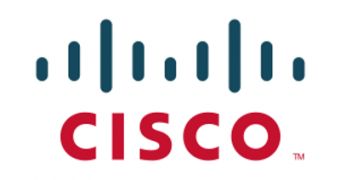Kristin Carvell, of the Cisco Corporate Communications team, has revealed in a blog post that the American corporation handling networking and communications technology and services has agreed to license the iOS trademark to Apple. The move comes amid rumors of Apple implementing the iPhone OS into new platforms, such as a new Apple TV.
“Cisco has agreed to license the iOS trademark to Apple for use as the name of Apple’s operating system for iPhone, iPod touch and iPad,” Carvell writes for Cisco. “The license is for use of the trademark only and not for any technology.”
The blog post also explains why it was necessary for Apple to buy rights to use the “iOS” dubbing, beginning with “What is IOS at Cisco?” The post reveals that, “IOS is Cisco’s core operating system used for nearly two decades. It is the world’s leading network infrastructure software, delivering a seamless integration of technology innovation, business-critical services, and hardware platform support.”
The blogger adds, “Currently operating on millions of active systems, ranging from the small home office router to the core systems of the world’s largest service provider networks, Cisco IOS Software is the most widely leveraged network infrastructure software in the world.”
For those asking “What is iOS at Apple?” the company headquartered in Cupertino, California selling Macs, iPods and the iPhone has recently decided it will change the name of the operating system the last device runs on. As such, Apple switched from “iPhone OS” to “iOS,” according to CEO Steve Jobs who made it official during the June 7 WWDC 10 keynote address. The latest version of the software currently being prepared for worldwide shipping is iOS 4. The software will be provided to all eligible iPhone and iPod touch users later this month, and to iPad users in Fall.
iOS is rumored to be at the basis of a new, iPhone-shaped Apple TV equipped with the A4 chip, 1080p HD capabilities, 16GB of local storage, and with a focus on streaming content from the cloud.

 14 DAY TRIAL //
14 DAY TRIAL //